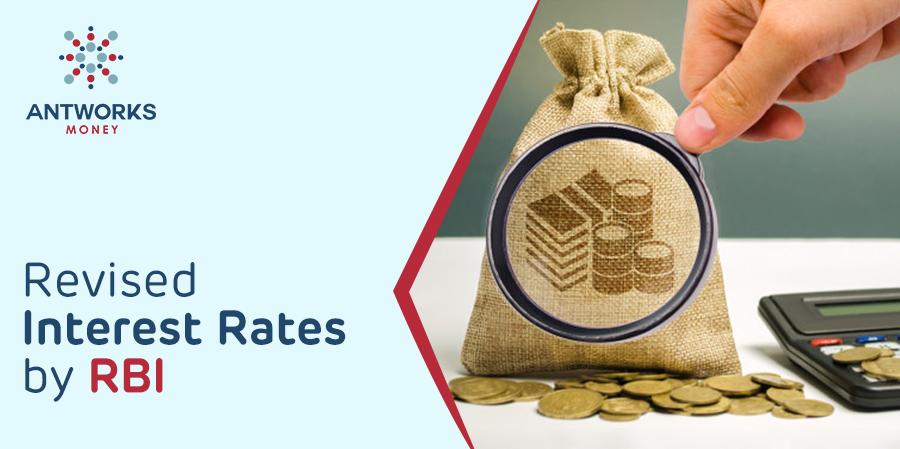The Reserve Bank of India (RBI) has further reduced the rates for the third time in the year. So what is the consequence of this for you as a borrower and investor; just keep reading the article and you will be able to find out.
The RBI declared a decrease in the repo rate to 6% which is a level that was previously seen in the first half of the previous year. This RBI move has made it less costly for the commercial banks who can borrow short-term finances from the RBI. Financial analysts further claim that the EMIs which borrowers pay on home, personal, car and other classes of loans will also be reduced in the near term. Simultaneously, the interest rate that is earned by customers in their FDs and other term deposit schemes will as well be reduced.
Cut in repo rates
So what is Repo rate, it is in fact the key rate of interest through which the RBI provides short-term funds to other commercial banks. When this rate is cut down, commercial banks will also cut down their lending and deposit rates.
Today’s revision of rates – the 2nd decrease this calendar year – entails that commercial banks will have additional space to convey the advantage of lesser lending rates to the borrowers of loans. Concurrently, it may as well translate into a lesser interest rate that is earned by depositors.
The RBI has resolved to bring down the repo rate by 25 basis points for the 3rd time in a sequence. At present the repo rate is 5.75%.
Why has there been a reduction in the rates? The RBI policy statement stated that “a sharp slowdown in investment activity along with a continuing moderation in private consumption growth is a matter of concern. The headline inflation trajectory remains below the target mandated to the MPC even after considering the expected transmission of the past two policy rate cuts.” Put differently, to keep the rate of inflation at the exact levels as well as foster the growth of the economy, RBI has taken the step to cut interest rates.
What does the cut in repo rates means for you?
As a borrower:
The cut in the repo rate by RBI means, that your loan rates will decrease especially the Home Loans. Yes and as of now State Bank of India has already cut its rates by 5 basis points.
But in fact the fixed-rate loans will not change unless fixed for a certain period. Conversely, floating loan rates will change along with other rates in the country. This is the reason that you ought to opt for floating-rate loans especially when interest rates are decreasing. In fact lots of loans including Home Loans as well as Personal Loans come within the purview of floating rates.
As an investor:
While the repo rate reduction is good news for borrowers, it is not positive for investors; in particular for those who have invested in fixed-income securities like FDs. The truth is that when banks reduce lending rates, they cut down their deposit rates as well.
